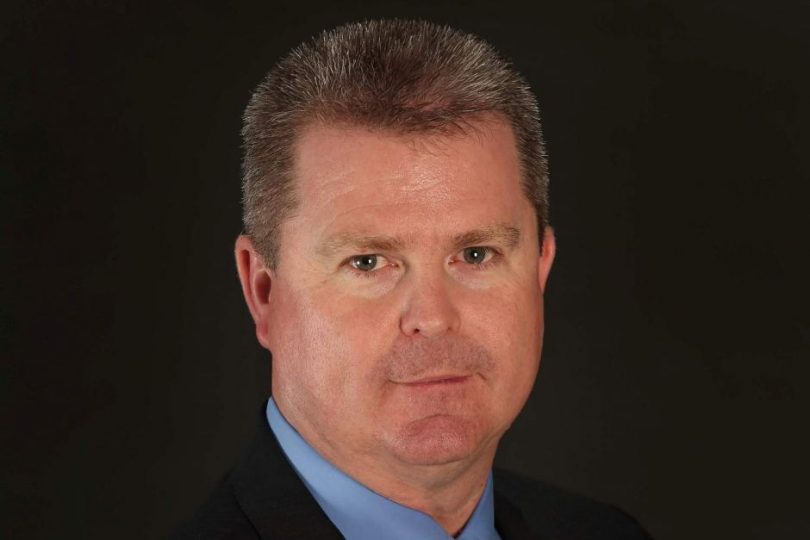
Cybercrime police are warning people to remain vigilant when conducting transactions online. Photo: File.
Cybercrime Squad detectives have charged a woman following an investigation into the fraudulent acquisition of more than $1 million allegedly obtained during a property settlement.
Earlier this year, detectives from State Crime Command’s Cybercrime Squad in NSW established Strike Force Urban to investigate numerous fraudulent transactions resulting from cyber-enabled “invoice frauds”, or business email compromise (BEC) scams.
A BEC occurs when an individual or a company receives a fake invoice purporting to be from a service or goods provider requesting that money be sent to a fraudulent account.
As part of ongoing inquiries, detectives were notified after an ACT woman allegedly deposited more than $1 million into a fraudulent account during the settlement period of a property sale.
Further inquiries under Strike Force Urban revealed the recipient’s account details had been sourced from a compromised email address belonging to the woman’s lawyer, which contained altered bank details.
Following extensive investigations, detectives executed a search warrant at a unit in Parramatta on 26 October 2021.
During the search, police seized numerous mobile phones and documents for forensic analysis.
Following further inquiries, a 29-year-old Parramatta woman attended Granville Police Station on 24 November 2021. She was arrested and charged with two counts of recklessly dealing with the proceeds of crime (more than $5000 value).
The woman was granted conditional bail to appear at Parramatta Local Court on 14 December.

Detective Superintendent Matt Craft said BEC scams aren’t easy to detect. Photo: NSW Police.
Cybercrime Squad Commander, Detective Superintendent Matthew Craft, said people must remain vigilant when conducting transactions online.
“Get in the habit of checking the email address, URL, and spelling used in all correspondence and heavily scrutinise all transactions that you make online,” Det Supt Craft said.
“BEC scams aren’t easy to detect because the invoices for clients and contractors often use the desired recipients branding but contain altered banking details.
“To avoid being scammed, people should use two-step verification methods where appropriate, and regularly update and maintain strong passwords.”













